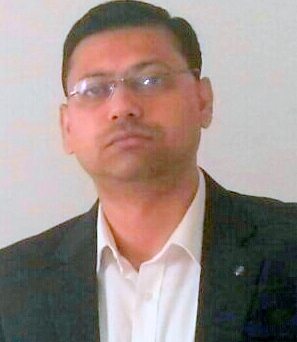Dementia is a neurodegenerative disorder where the brain gradually loses several aspects of its function. While the most common symptom is memory loss, there is gradual impairment of several other brain functions where often the person ends up being unable to look after his own affairs.
Although this is a global syndrome there are actually many different kinds of dementia which differ from each other in terms of types of brain function affected, speed of progression and prognosis.
The most important aspect of the diagnosis of dementia is the timeline described in history. The hallmark of a dementia syndrome is the slow onset of symptoms and a very gradual decline. It is never of sudden onset over a day or two but seems to come on over months to years. Also, the patient with dementia in the early and middle stages of the disease remains physically well.
Dementia represents a gradual decline in global brain function across many areas including speech, memory, language, reasoning, judgment etc. The symptoms with each form of dementia are often slightly different but this may only be recognisable to skilled healthcare providers who have experience working with people with dementia. Sometimes family members notice changes but mistakenly blame them on old age.
Early changes: The earliest symptoms of dementia are gradual and subtle. Many people and their families first notice difficulty remembering recent events or information (short term memory loss). Others can include the following.
Late Changes: As dementia progresses the symptoms gradually worsen and often include behavioural and personality changes. The physical wellbeing of the patient also starts to decline gradually with increasing frequency of infections. Physical symptoms like appetite and weight loss and incontinence mark advanced stages of the disease.
The speed at which symptoms develop and decline vary in different persons. In the majority of cases the disease reaches advanced stages by 7 years from diagnosis. Most people with dementia do not die from the disease itself, but instead from a secondary illness such as pneumonia or urinary infection.

Choose Between Online Or Video As Your Preferred Mode Of Consultation With The Consultant
In this section, upload patient details, medical history, current medications taken and the necessary report to discuss the case with the consultant
In this section you pay and book for your consultation
With Online Query Consultation, the consultant replies to your queries within 24-48 hours from the time the consultation is booked.
With Video Consultation, the consultant reviews your case and consults with you on the day the consultation is booked